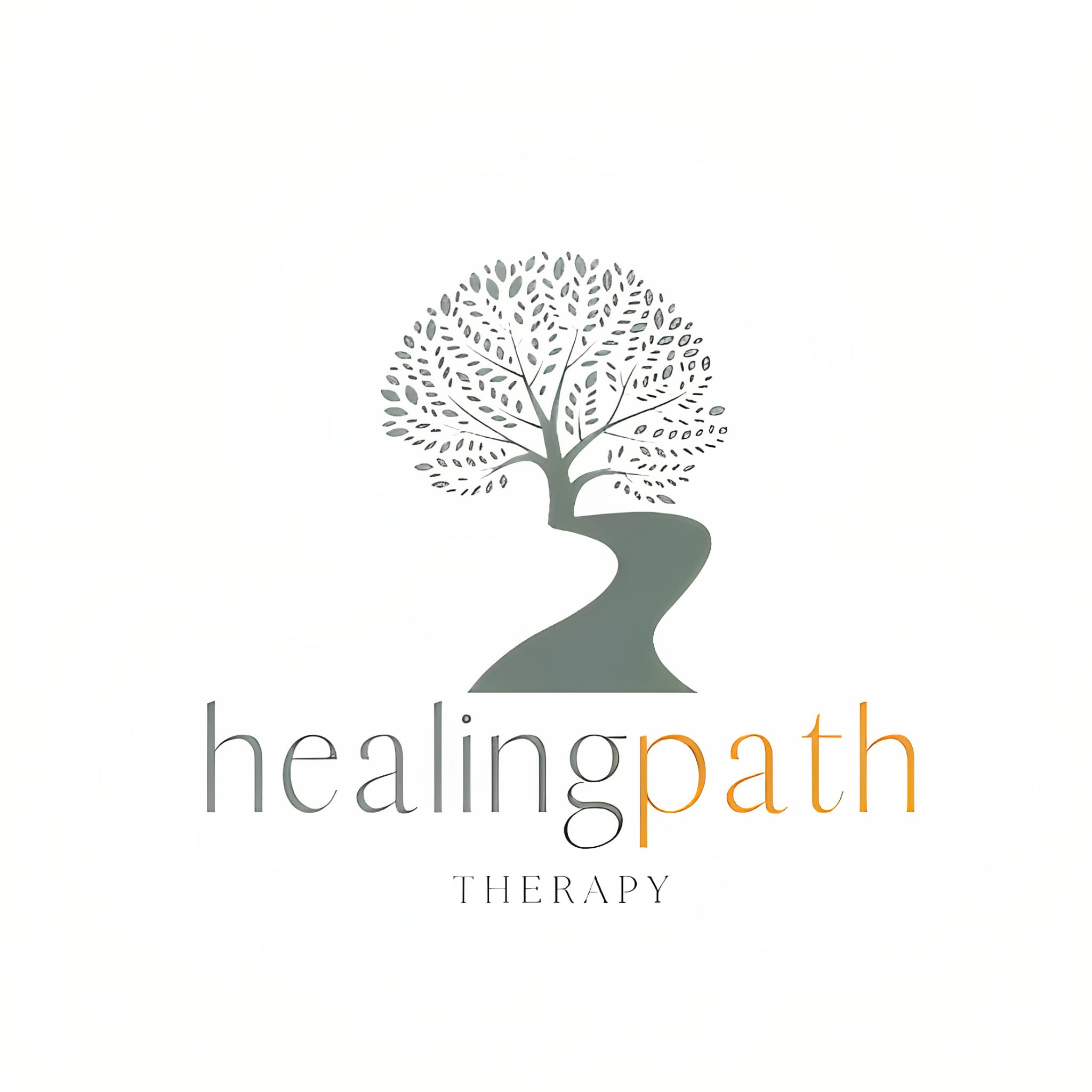What is ethical non-monogamy, and is it right for you?
Where heterosexual monogamy was once the norm, non-monogamous relationships are becoming more common than ever before…but that doesn’t make them straightforward!
Key points
- Until quite recently, monogamous heterosexual relationships were considered to be the only socially acceptable sexual relationships to be involved in.
- Today, more people than ever before are exploring “ethical non-monogamy”, where two (or more) individuals mutually agree to have romantic or sexual relationships with other people.
- “Open”, “ethically non-monogamous”, or “polyamorous” relationships are terms that can have different meanings to different people. Individuals and relationships will identify in different ways
- A skilled relationship therapist can help you figure out what you want in your relationship(s), and how to create a relationship that’s right for you. You’ll be supported to navigate societal pressures and safeguard your mental and emotional health.
Quick navigation
Overview
Until quite recently, society’s view of what is “acceptable” or “normal” in sexual and romantic relationships was quite restrictive. Although perceptions vary, many people held the view that only monogamous, heterosexual relationships were healthy, normal, and accepted; any sexual expression or intimate relationships that fell outside of these parameters were heavily frowned upon. Over the last generation, society has started to better understand the true breadth of human sexuality, relationship styles, and healthy human connections.
Currently, more people than ever before are thinking about or engaging in open sexual and romantic relationships. In such relationships, both (or several) participants mutually consent to non-monogamous romantic or sexual connections with more than one partner. These relationships are sometimes called “open”, “ethically non-monogamous”, or “polyamorous” relationships. It is important to note that each of these terms can have different meanings to different people and that individuals and relationships will identify in different ways. Non-monogamous or open relationships can involve people from all walks of life, including both heterosexual and 2SLGBTQ+ communities.
Non-monogamous relationships require open, ongoing discussion and mutual consent. People who engage in open relationships can sometimes struggle with confusion, societal challenges, and a lack of understanding from others, as well as navigating the complexities within their actual relationships!
The difference between polyamorous and open relationships
In polyamorous relationships, individuals in committed relationships mutually agree to engage in more than one romantic or sexual relationship simultaneously. The emphasis is often on building meaningful, committed relationships with more than one partner at the same time, as part of a mutually agreed arrangement.
Couples decide together how many other people they choose to be involved in their relationship and may choose to limit their relationship to the specific people involved. The key is that everyone involved mutually agrees to the arrangement in a way that respects the feelings and needs of everyone involved.
Open relationships, on the other hand, generally involve consensually allowing partners to have sexual or romantic experiences with others outside the primary relationship while maintaining emotional exclusivity within the primary relationship.
Understanding ethical non-monogamy
Ethical non-monogamy, as the name suggests, refers to non-monogamous sexual relationships that still respect the people involved by maintaining honest, open communication and requiring mutual consent of everyone involved for it to work. Having honest and open communication and establishing mutually agreed-upon boundaries are essential to ensure that all parties feel respected and valued.

Signs indicating a desire for a polyamorous or open relationship
Some signs that you might desire a polyamorous or open relationship include:
- Feeling unfulfilled despite being in a monogamous relationship.
- Craving emotional or sexual variety.
- Yearning to love and connect with multiple individuals.
Out of respect for your partner, it is advisable to gain absolute clarity about what you truly want and to tread very sensitively before suggesting to your partner that you’d like to invite other participants into your relationship or bedroom. Remember that having an open relationship also means being okay with your partner having intimate relationships with other people, too.
How do I communicate with my partner that I want a polyamorous or open relationship?
If you decide that you would like to try to have an open or polyamorous relationship, it’s important to choose the right time and setting for the conversation. Plan it for a time when you’re both relaxed and don’t have any other distractions or major pressures on your mind.
Be honest and open about your feelings and desires. Anticipate that your partner may respond less than favorably to the suggestion, and be ready to really listen to their point of view. Remember that for every relationship to succeed, trust and communication are essential, especially when exploring something as sensitive as non-monogamous dynamics.
Negotiating societal expectations and the mental health impacts of non-monogamy
Having a non-monogamous relationship amidst a primarily monogamous culture can wreak havoc on your mental health and feel like an emotional rollercoaster. Especially if you and your partner(s) are still trying to figure out what feels right for your relationship, you may not know how to navigate societal expectations until you gain clarity for yourself.
Like many people in non-monogamous relationships, you may struggle with stress, confusion, depression, and anxiety until you work through your confusion and come to a place of clarity about who you are and what kind of life you want for yourself. Navigating the complexities of societal expectations around non-monogamy often requires the support of a skilled professional.
How to navigate the polyamorous or open relationships you are already involved in
Non-monogamous relationships can sometimes be more fraught with complexities and individual sensitivities than monogamous relationships, simply because of the highly sensitive nature of human sexuality and connection which is brought to the fore when additional people are involved. Maintaining continuously respectful communication is key to navigating the complexities of multiple interconnected relationships. Establishing and respecting mutually agreed-upon boundaries is important to maintain a healthy and respectful dynamic for everyone involved. Also, regular check-ins and adjustments as needed can help all parties involved feel secure and valued.
Reach out today
At Healing Path Therapy we have skilled therapists who specialize in relationships and sexuality who will provide a safe and confidential space for you (and if necessary your partner/s) to explore your relationship desires in a non-judgmental environment. We can provide the support you need to find your way through the confusion, develop healthy communication and relationship skills, and come to a place of clarity and confidence in yourself and your relationship(s).
At Healing Path Therapy, we can also help you identify and work through any emotional or psychological difficulties you encounter along the way to help you have the satisfying life you’ve always wanted.
